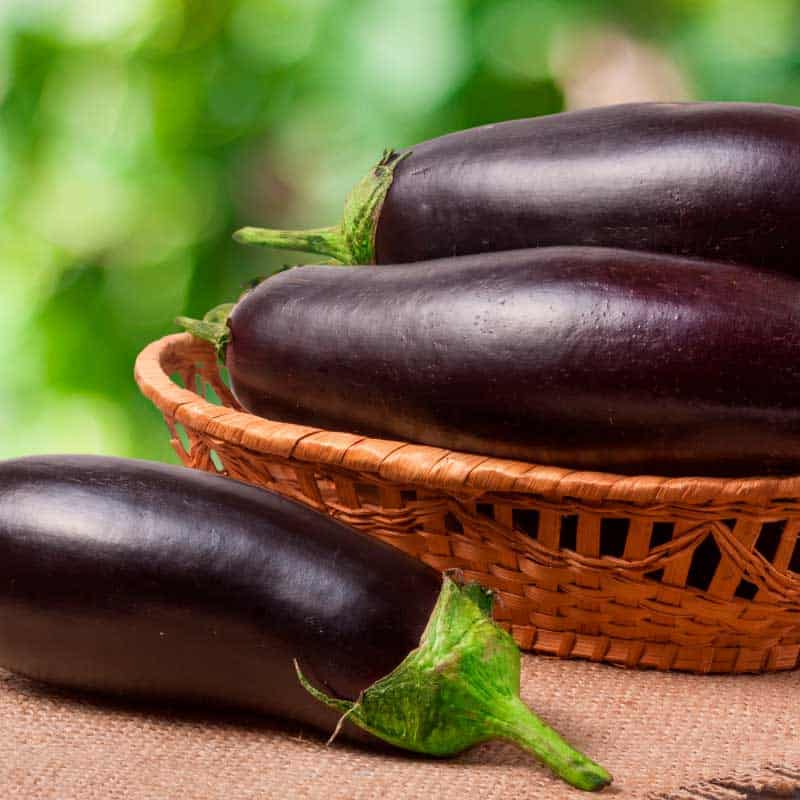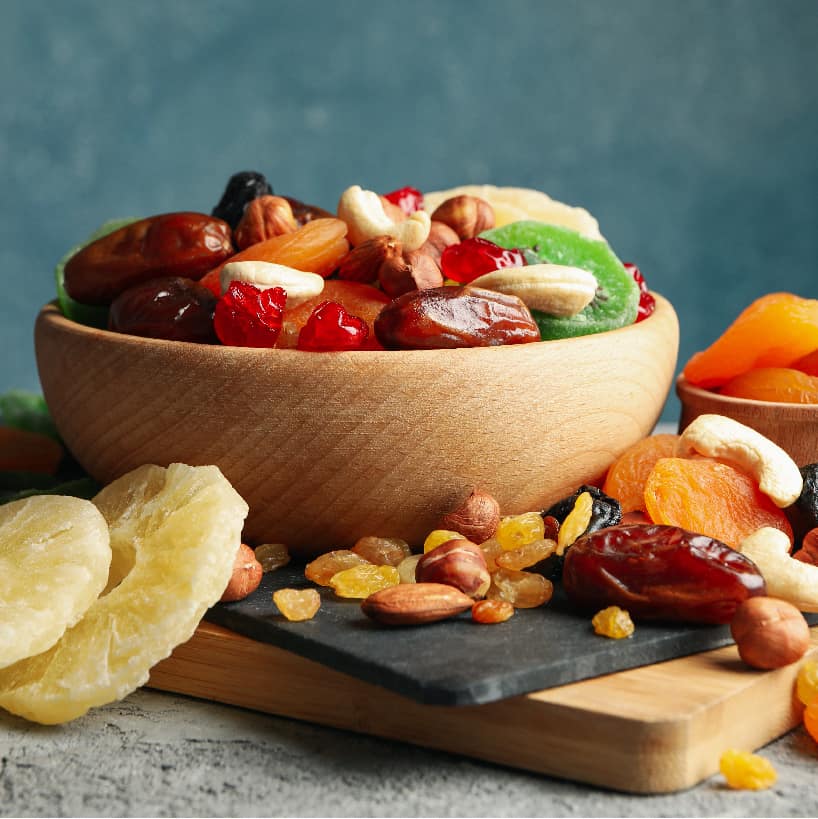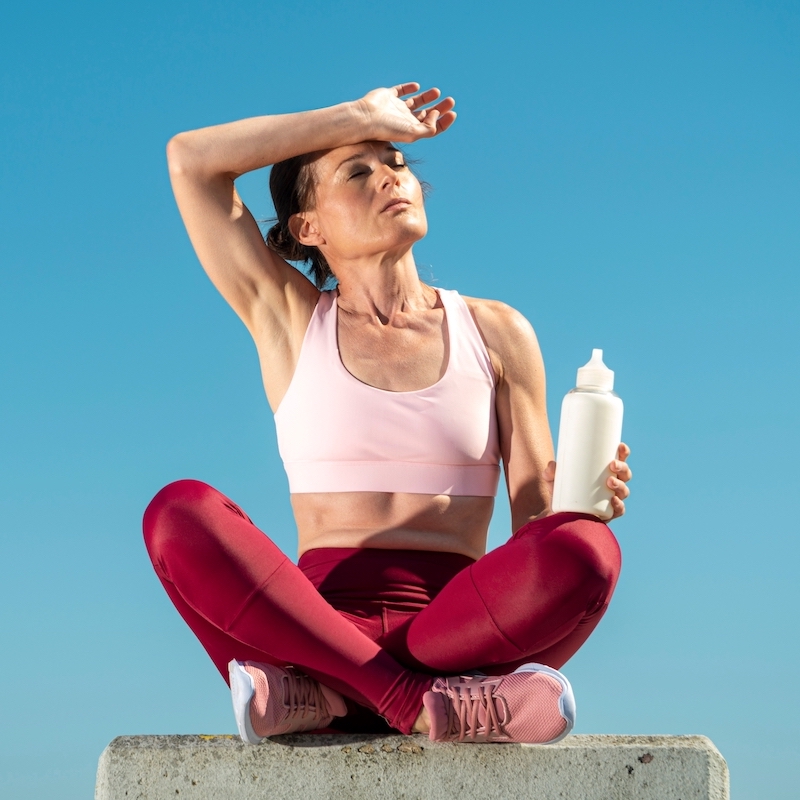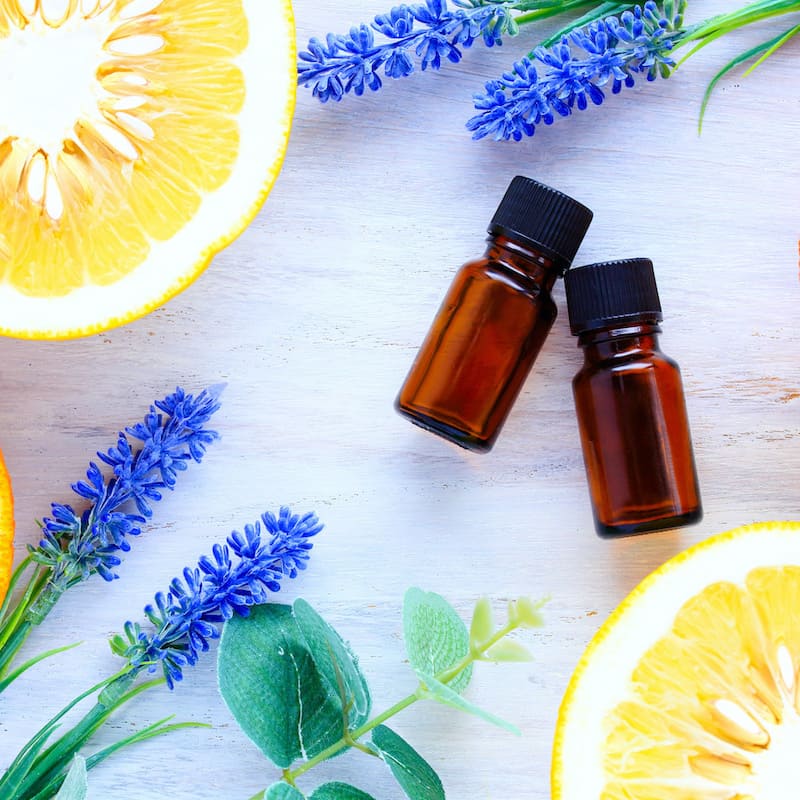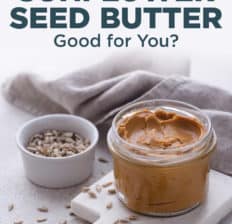This Dr. Axe content is medically reviewed or fact checked to ensure factually accurate information.
With strict editorial sourcing guidelines, we only link to academic research institutions, reputable media sites and, when research is available, medically peer-reviewed studies. Note that the numbers in parentheses (1, 2, etc.) are clickable links to these studies.
The information in our articles is NOT intended to replace a one-on-one relationship with a qualified health care professional and is not intended as medical advice.
This article is based on scientific evidence, written by experts and fact checked by our trained editorial staff. Note that the numbers in parentheses (1, 2, etc.) are clickable links to medically peer-reviewed studies.
Our team includes licensed nutritionists and dietitians, certified health education specialists, as well as certified strength and conditioning specialists, personal trainers and corrective exercise specialists. Our team aims to be not only thorough with its research, but also objective and unbiased.
The information in our articles is NOT intended to replace a one-on-one relationship with a qualified health care professional and is not intended as medical advice.
Sunflower Seed Butter: The Peanut Butter Alternative with More Benefits!
June 27, 2024
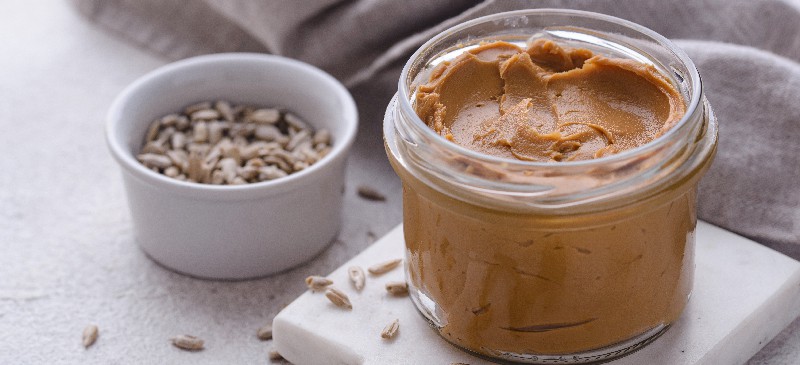
Remember when the only option you had to pair your jelly sandwiches with was peanut butter? Those days are long gone. With countless varieties of nut and seed butters, like almond and cashew, on the scene, there have never been more options to slather on toast or dip apples in, but have you heard about sunflower seed butter?
Although you might be familiar with sunflower seeds as a road trip snack, there’s a new way to use them that’s catching on. You can transform those plain old seeds into a yummy, healthy spread that’s packed with flavor.
Like most nuts and seeds, sunflower seed butter is packed with nutritional benefits and mostly healthy fats, though it’s important to keep in mind that it’s relatively high in omega-6 fats, which can throw off your crucial omega-3 to omega-6 fats ratio. (Nonetheless, it’s much preferable to sunflower seed oil, which often includes polyunsaturated oils that have been heated and may go rancid.)
As long as you continue to consume omega-3 foods and keep your consumption of sunflower butter low, it can be a good alternative for anyone with a nut or peanut allergy. (Remember, peanuts are actually legumes!)
Also, sunflower seeds are also fairly inexpensive, so whipping them up into a spread is an affordable and healthier option you can use at home.
Health Benefits
1. High in protein
Peanut butter has long been the reigning champion of portable, high-protein pre- and post-gym snacks, but sunflower seed butter can give it a run for its money. That’s because each serving of sunflower butter has about three grams of protein, a great size for a snack, particularly when paired with carbs.
The health benefits of eating more protein foods are numerous, too. Protein ensures your muscles stay strong and your hard work exercising pays off.
It makes you feel fuller and more satiated for longer, requiring you to eat less. It also helps your metabolism keep running smoothly to help you lose weight more quickly and provides your cells with the fuel they need to perform their best.
2. Loaded with vitamin E
Vitamin E is one of our body’s favorite antioxidants. It helps naturally balance cholesterol, keeping good and bad levels in check, according to research in the Journal of General Internal Medicine.
It also reduces free radical damage to naturally slow aging in our bodies and reduce cell damage — that’s why so many beauty products tout the vitamin E in their ingredients.
It even increases immunity, evidenced by research published in Vitamins and Hormones, so we’re better able to fight off infections and battle diseases, nature’s own way of battling the common cold.
Luckily, you don’t need to spend tons of money to take advantage of vitamin E.
Sunflower seed butter is one of the great vitamin E foods. In fact, spreading just one tablespoon of it on your toast or eating it with fruit provides a whopping 25 percent of our body’s daily needs.
3. Loaded with magnesium
The most important mineral in our bodies is magnesium, yet most people have some form of magnesium deficiency. That can have profound health effects, as magnesium is vital in keeping energy high, relieving muscle spasms, helping things go smoothly in the bathroom and helping us get deep, quality sleep at night.
In fact, in a study out of Iran, adults suffering from insomnia were given magnesium and compared with a control group. Researchers found that “dietary magnesium supplementation brought about statistically significant increases in sleep time and sleep efficiency.”
They ultimately concluded that “magnesium appears to improve subjective measures of insomnia such as … sleep efficiency, sleep time and sleep onset latency, early morning awakening, and likewise, insomnia objective measures such as concentration of serum renin, melatonin, and serum cortisol, in elderly people.”
The presence of GMOs in many of our foods, the malabsorption of minerals because of digestive issues like leaky gut and high medication use all contribute to Americans’ low levels of magnesium. Thankfully, snacking on sunflower butter provides about 12 percent to 16 percent of what your body needs a day — not bad for just one tablespoon!
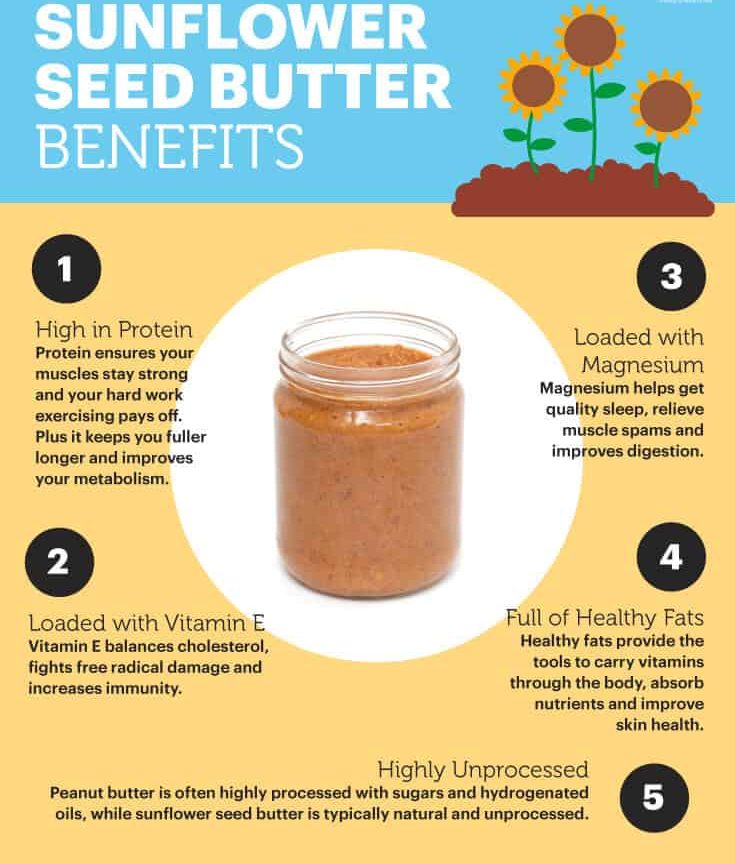
4. Full of healthy fats
While some people might be turned off by sunflower seed butter because of its fat content, that would be a grave mistake. That’s because, unlike what we’ve been conditioned to believe our entire lives, our bodies need fat!
When you feed your body healthy fats like those found in sunflower butter and other seeds, you give it the tools to carry vitamins throughout your body, absorb foods’ nutrients and give your skin a youthful glow.
Sunflower seed butter happens to be high in the good stuff. It’s different from sunflower seed oil, which, while healthy on its own, often gets paired up with processed polyunsaturated fat oils, which go rancid when they’re heated at high temperatures.
Luckily, because sunflower butter is made up mainly of unsaturated fats, it helps lower cholesterol and reduce inflammation.
5. Highly unprocessed
Depending on what brand you go with, nut and peanut butters can be full of ingredients that are unnecessary and downright scary, like sugars and hydrogenated oils. Sunflower seed butter, however, is highly unprocessed.
Sunflower seeds are also budget-friendly, but premade sunflower butter is not. Your best bet is to make it at home.
Luckily, if you have a food processor, it’s a snap! You are in control of what’s in the butter, so you can vary things according to your tastes and what you’re using the butter for.
Nutrition Facts
What makes sunflower seed butter such a superstar? For starters, one tablespoon comes in at under 100 calories, and it has just slightly less protein than peanut butter.
The spread is also loaded with omega-6 fatty acids, an acid our bodies can’t produce on their own and must be obtained through food sources.
Most of us have way too many omega-6s and not enough omega-3s, and that can cause inflammation. Thus, don’t go overboard with sunflower butter, and make sure you balance it out with enough omega-3 foods.
Sunflower seed butter also has 13 percent to 17 percent of the daily value serving of manganese, a mineral that can help fight osteoporosis and reduce the previously mentioned inflammation, the underlying cause of many diseases.
A one-tablespoon serving of sunflower seed butter nutrition (about 16 grams) holds approximately:
- Calories: 98.7
- Total Carbohydrates: 3.7 g
- Fiber: 0.9 g
- Sugar: 1.7 g
- Total Fat: 8.8 g
- Saturated Fat: 0.7 g
- Polyunsaturated Fat: 1.6 g
- Monounsaturated Fat: 6.2 g
- Trans Fat: 0.004 g
- Protein: 2.8 g
- Sodium: 0.5 mg (0.02% DV*)
- Copper: 0.3 mg (33% DV)
- Vitamin E: 3.7 mg (25% DV)
- Manganese: 0.3 mg (13% to 17% DV)
- Magnesium: 49.8 mg (12% to 16% DV)
- Phosphorus: 107 mg (9% DV)
- Folate: 37.9 mcg (9% DV)
- Zinc: 0.8 mg (7% to 10% DV)
- Niacin: 1.1 mg (7% to 8% DV)
- Vitamin B6: 0.1 mg (6% to 8% DV)
- Iron: 0.7 mg (4% to 9% DV)
- Pantothenic Acid: 0.2 mg (4% DV)
*Daily Value: Percentages are based on a diet of 2,000 calories a day.
Sunflowers are native to North America and were farmed by Native Americans as early as 3000 B.C. — there’s evidence the crop was actually domesticated before corn!
They recognized early on how valuable sunflower seeds were and used them in a variety of ways, from grounding them into flour to extracting the seeds’ oil to use while making bread. When European settlers arrived on the continent, they took the exotic-looking flowers back with them.
It was in Russia where the practice of cultivating the plant both for its beauty and for its oil took hold.
In fact, sunflowers weren’t all that common until the 1970s, when European farmers could no longer keep up with demand for the oil and needed increased production from across the pond. The sunflower seed had finally come home.
Today, sunflower seeds are popping in more places than just gardens. As Americans discover versatile uses for the seeds and the yummy products that come from them — like sunflower butter — this seed shows no signs of slowing down in popularity.
Recipes
There are a ton of different recipes out there for sunflower seed butter. Once you try your hand at the basics, give them all a try!
Before starting, choose high-quality sunflower seeds, organic if possible.
Roasting the seeds before transforming them is also key. It gives the seeds a nutty flavor that really shines once you make the butter, and it helps draw the oils out of the seeds more quickly — plus the process makes your kitchen smell amazing.
Bake them in an oven at about 350 degrees Fahrenheit until they’re golden brown, anywhere between 10–20 minutes. Keep your eye on them, because seeds burn easily.
Next, decide what type of sunflower seed butter you’d like to make. Here are some of my favorites:
- All-Natural, Homemade Toasted Sunflower Seed Butter: This recipe uses just three ingredients to make a smooth, creamy butter: seeds, salt and vanilla extract. That’s right, there’s not even added oil. Try this if you want the purest sunflower seed taste.
- Luxurious Sunflower Seed Butter: Adding coconut sugar and cinnamon to this sunflower seed butter gives it added flavor, while the addition of coconut oil makes it extra silky.
- Sunflower Nutella: While not a sunflower seed butter in the strictest sense, this Nutella alternative with all-natural ingredients like cocoa powder and maple syrup is absolutely delicious!
You can use sunflower seed butter just like any nut or peanut butter. It’s great on breads or as a dip with fruit — apples and sunflower seed butter are a great mid-afternoon snack!
You can also add it to smoothies to up the nutrition levels and add extra protein.
Risks and Side Effects
While sunflower seed butter poses no dangers, there are two things to keep in mind with this spread.
Though the butter is full of healthy fats, they do come at a caloric price. Be mindful of serving sizes when using sunflower seed butter.
One tablespoon is one serving. Add two more to that, and you’re looking at almost 200 extra calories.
There can be too much of a good thing!
Additionally, while our bodies do need to obtain omega-6 fatty acids from the foods we eat, most of us have no problem meeting our daily requirements. We are, however, lacking omega-3 fatty acids to maintain the healthy balance between the fatty acids that our bodies need.
When preparing your sunflower seed butter, I encourage you to add in flaxseed oil or use macadamia nut oil as your oil of choice to increase those omega-3s.
Final Thoughts
If you’re looking for an alternative to nut butters or peanut butter — whether due to an allergy or preference — sunflower seed butter is a great choice. It’s easy to make and easy to implement into your diet.
Plus, sunflower seed butter provides three tremendous vitamins and minerals — protein, vitamin E, magnesium — along with healthy fats, all while being an unprocessed alternative devoid of harmful oils. So if you’re looking for a spread or healthier butter to add to recipes, this satiating, delicious seed butter is perfect!




